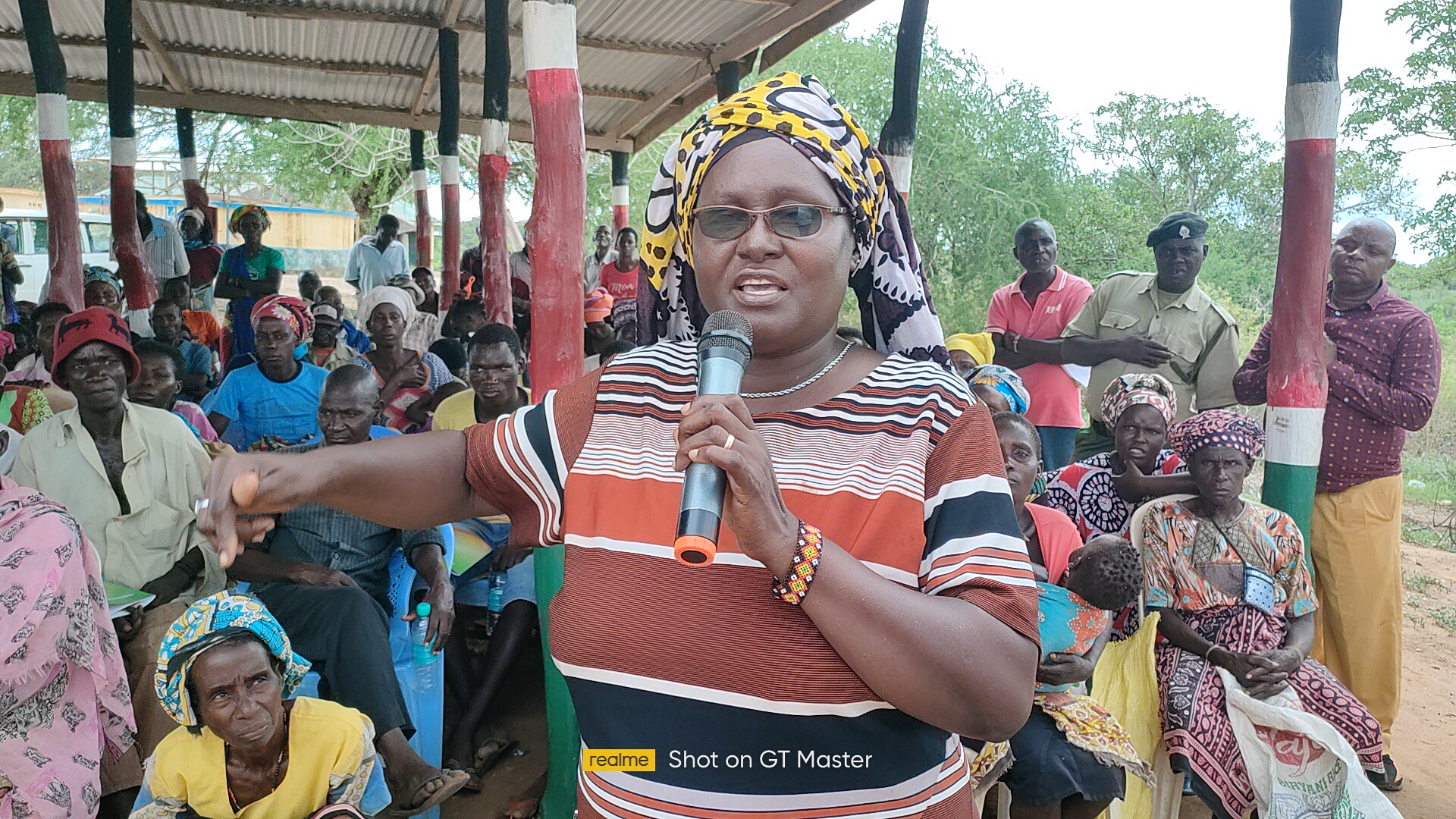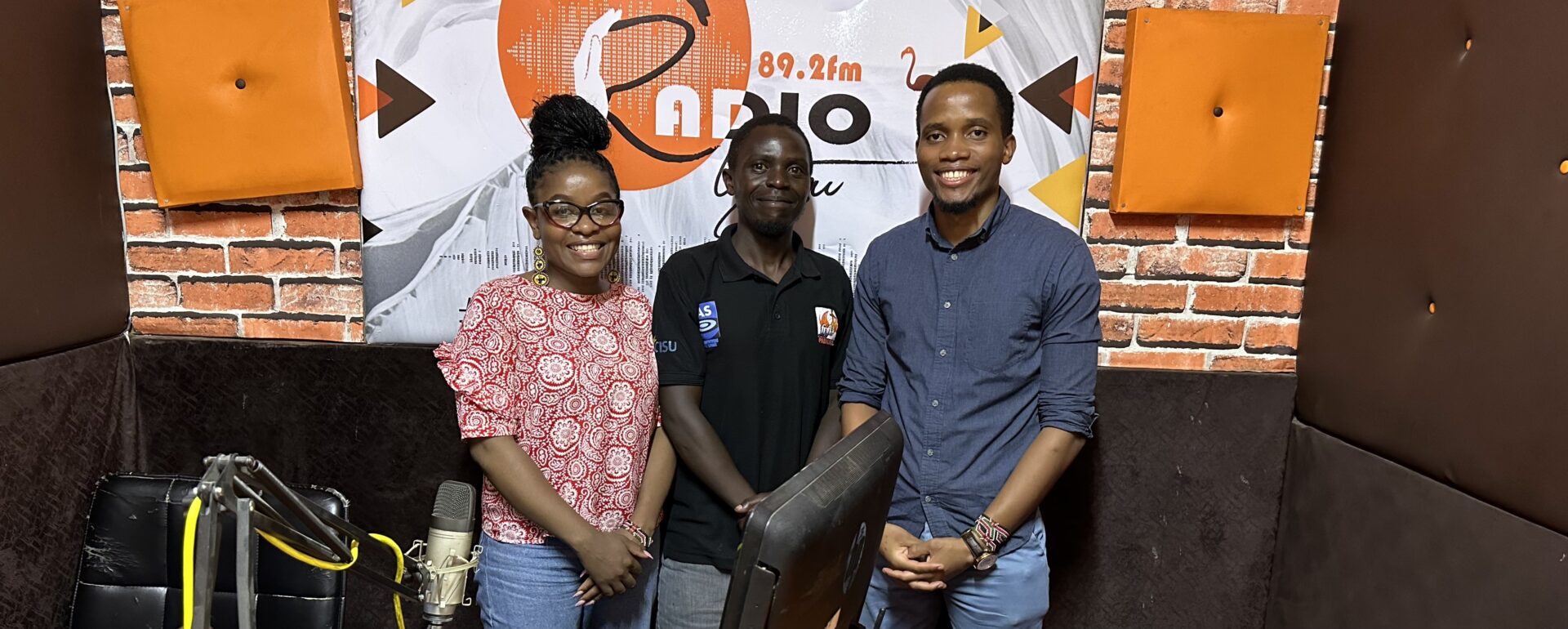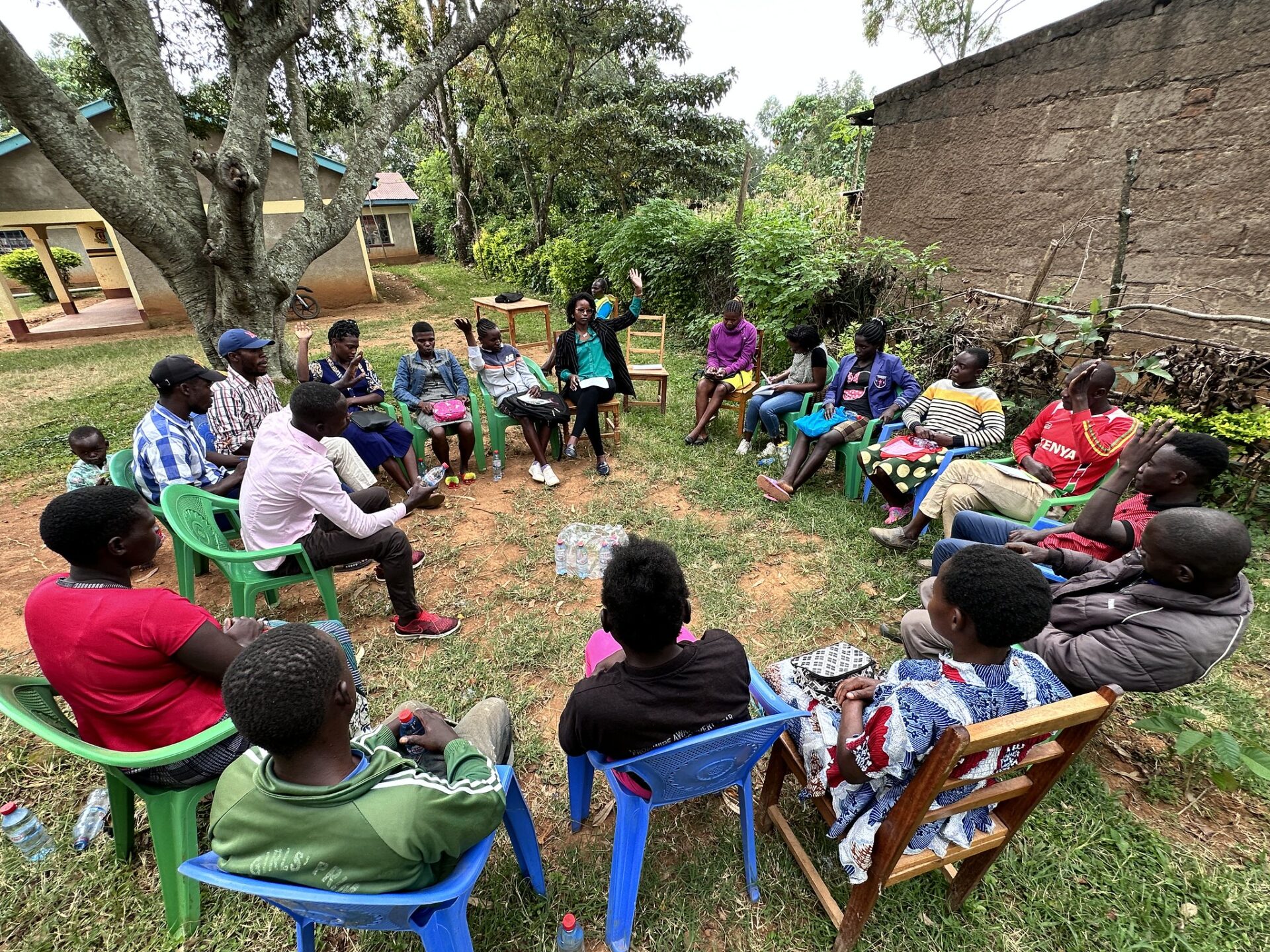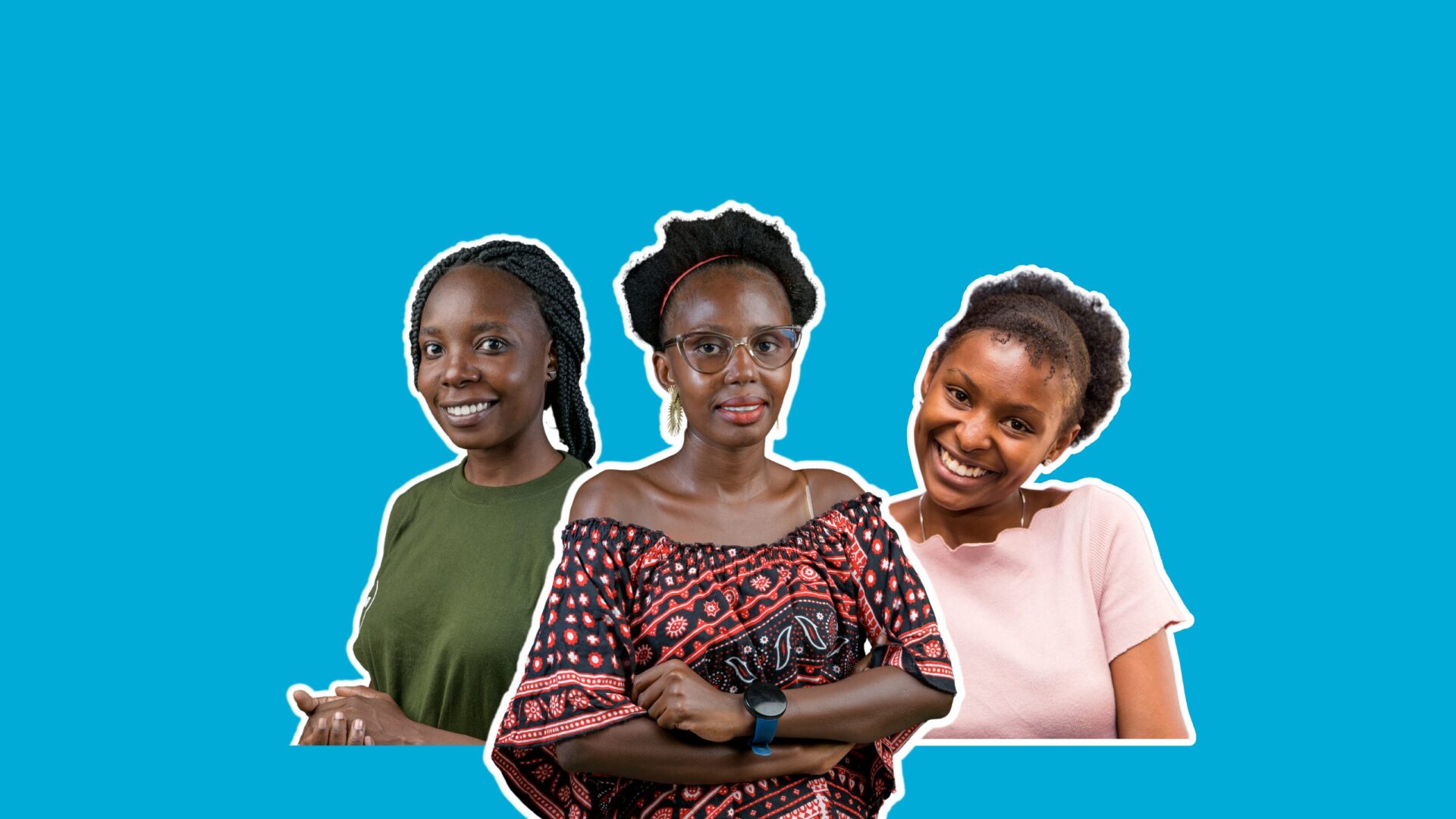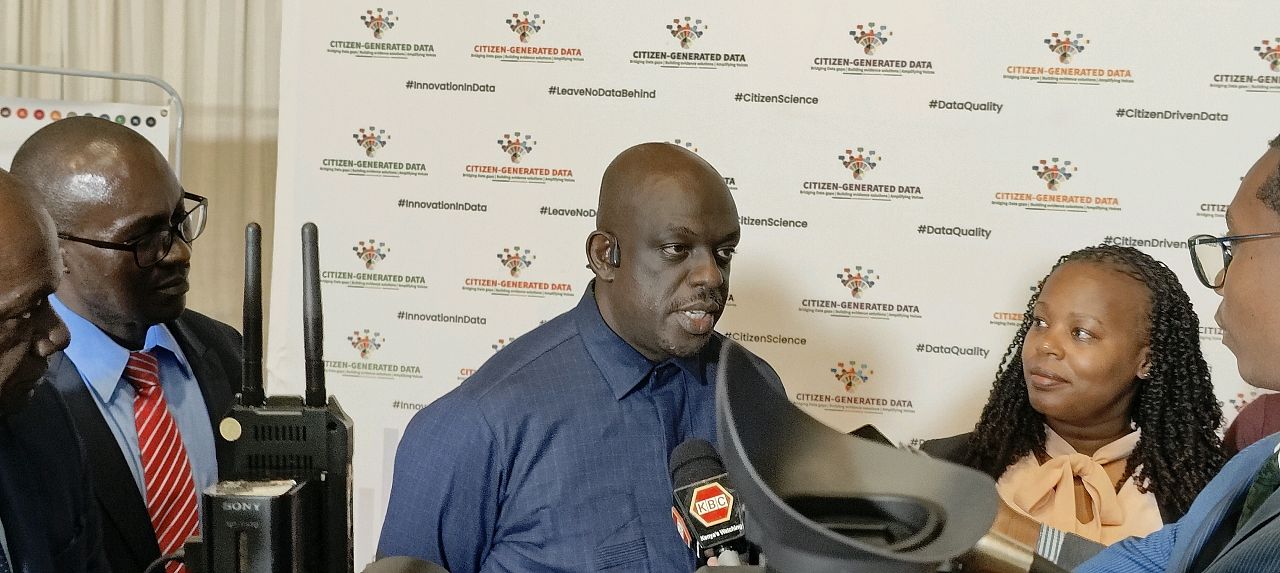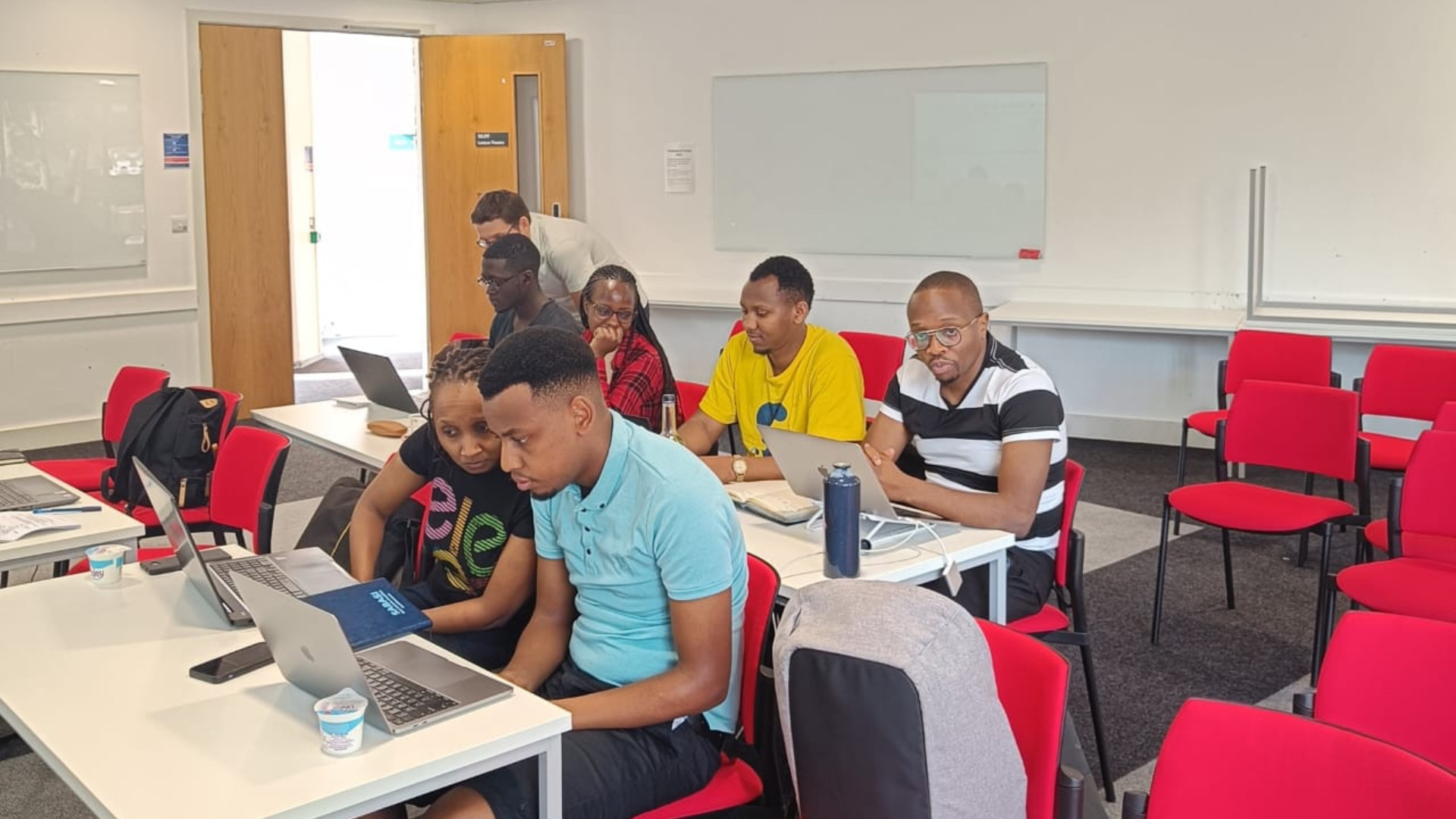The team at the Open Institute is pleased to announce the launch of the Kaya Community Lab. This initiative brings together various stakeholders in communities and/or organisations to address specific, identified and complex problems that do not necessarily have straightforward solutions. The Kaya Community Labs intends to take a Social Labs approach whereby solutions are prototyped, tested in live environments, and then modified as needed to ultimately end up with a working solution.

“Social labs bring together a diverse group of stakeholders not to create yet more five-year plans but to develop a portfolio of prototype solutions, test those solutions in the real world, use the data to further refine them, and test them again,” said Zaid Hassan (pictured left), the brains behind the Social Labs thinking and Author of the book, The Social Labs Revolution. “Their orientation is systemic—they are designed to go beyond dealing with symptoms and parts to get at the root cause of why things are not working.”
Social Labs thinking is predicated on the recognition that life is dynamic and that solutions that may have been found to work in particular situations for a social problem may not be useful or applicable in another.
“What we have done at the Open Institute is to dispense with the fallacy of searching for a silver bullet that solves social solutions in a blanket way,” said our founder Jay Bhalla. “Our Global Goals for Local Impact programme has continued to remind us that communities are not the same and that we have to be dynamic and constantly tinkering with solutions to make them work in other environments.
We use the word community pretty loosely: to mean the group of stakeholders that come together to solve a specific problem or develop a specific solution.
Yet another lab? Not quite.
Recent years have seen a proliferation of innovation, tech and data hubs, labs and co-working spaces that for the most part are designed as physical spaces where solutions are sought in a collaborative albeit controlled environment. In fact, we wanted to set up such a space for ourselves in Nairobi and it is from that ambition that we called our office the Kaya – which in Giriama, one of our coastal languages in Kenya, means “the place where elders or the wise come together”.
Influenced by Social Labs thinking, we feel dissuaded from going the route of opening the doors of yet another physical hub or lab – or indeed converting our office to such a space. It is our view that Nairobi has enough of these spaces and there has been little evidence of how much many of these spaces have had an impact outside Nairobi or even outside the ecosystem that they operate.
In engaging with members of a Nairobi tech space, we learnt that the solutions that are developed tend to treat the users or the beneficiaries like theatre play producers treat audiences – they depend on applause or laughter to see if people enjoyed the play. We have learnt that the communities that we work with are actually the owners of the solution and therefore have the greatest stake in developing the solutions. We see our role as a supportive shepherd of the process of developing the solution rather than as developers of the solution.
So what is the difference that we bring with the Kaya Community Hub?
- It is a series of social labs driven by communities at hyper-local level, physically situated within their contexts to address simple or complex problems. To be clear, these social labs occur within the community itself.
- It is a conceptual space for social experiments that identify or help better define specific problems in local contexts and bring together stakeholders that could contribute to the solution.
Help us think through this and improve it
The Kaya Community Lab as described above is a working prototype in itself and it has many aspects that we must think about and modify as we continue – we have much to learn and much to test. Have you any ideas or thoughts? Please contact us at kayalab@openinstitute.com

